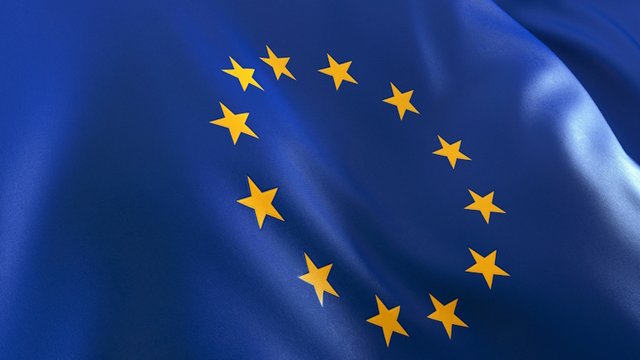EU ambassadors agrees on EC's three proposals on using revenues from frozen Russian assets to repay a $50 bln loan to Ukraine. Fourth proposal isn't submitted for consideration by Hungarian presidency

As expected, the ambassadors-permanent representatives of the member states of the European Council were able to agree on three of the four legislative acts proposed by the European Commission on providing Ukraine with a $50 billion loan with its subsequent repayment at the expense of unexpected revenues from frozen Russian assets. The fourth act – extending sanctions on these assets from six months to three years – was not submitted for discussion by the Hungarian presidency of the EU.
A high-ranking European diplomat told journalists about this on Wednesday after the meeting of the Committee of Permanent Representatives (COREPER).
According to him, the EU ambassadors considered the issue of providing a $50 billion loan to Ukraine within the G7 initiative.
The diplomat said the package consists of four legislative texts: three of them on macro-financial assistance (MFA) and lending mechanisms, and the fourth on extending the current sanctions regime from 6 to 36 months. The first three texts were agreed upon during today's discussion, which allows for a vote in parliamentary committees and at the EP plenary, probably on October 23, which will allow for entry into force on October 29. He said they can only welcome the rapid process and the renewed united front that we are demonstrating to Ukraine and our allies. The fourth text, however, was not put up for discussion today, since there is no consensus on extending it from 6 to 36 months. The presidency said that they will put it on the agenda in November, after the U.S. elections.
The journalists' interlocutor said this initiative is considered as a single package, like a puzzle of four parts, and one piece is still missing. That is why, they are looking forward to discussing the extension. This will be at the top of the agenda in the coming days, in particular in the run-up to the European Council meeting, during the Foreign Affairs Council, the Home Affairs Council and the European Council meeting itself at the level of heads of state and government next week, he said.
The day before, on October 8, at a press conference held following the meeting of the EU ministers of economy, this position of Hungary, which holds the EU presidency, was voiced by Finance Minister Mihály Varga. The minister explained Budapest's position, that they believe that the issue of extending Russian sanctions should be resolved after the U.S. elections. That was the Hungarian position. We must see in what direction the future U.S. administration will move on this issue: the presidential elections and the candidates' campaigns, so there are two completely different ways to solve this problem, one towards peace and the other towards war, continuation of the war. That is why we believe that this issue should be resolved after the U.S. elections.
European Commissioner for Economic Affairs Paolo Gentiloni said this proposal has found support among all other EU members. All member states believe that this should be done now, there is no need to wait for the U.S. elections to change the sanctions regime. Time is running out, because this must be completed by the end of the year. We know that this is a prerequisite for the equal participation of the U.S. in this operation, he said.






